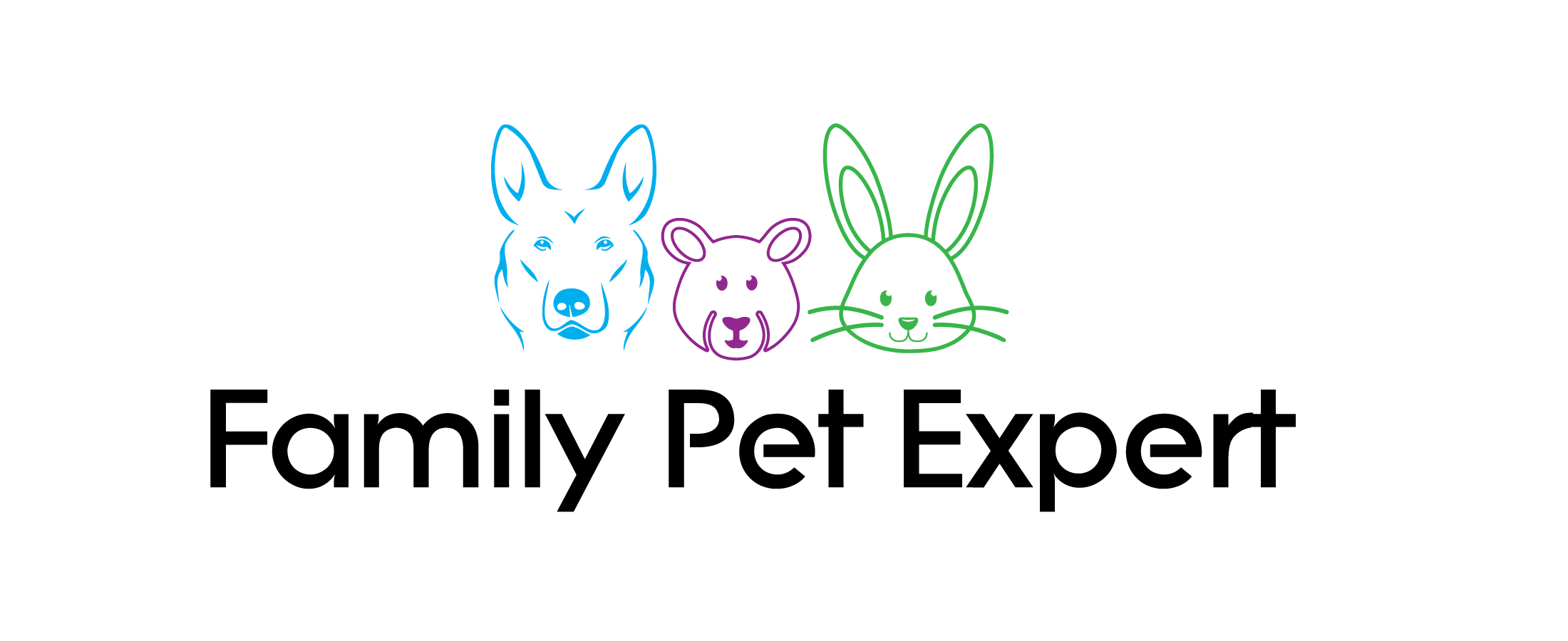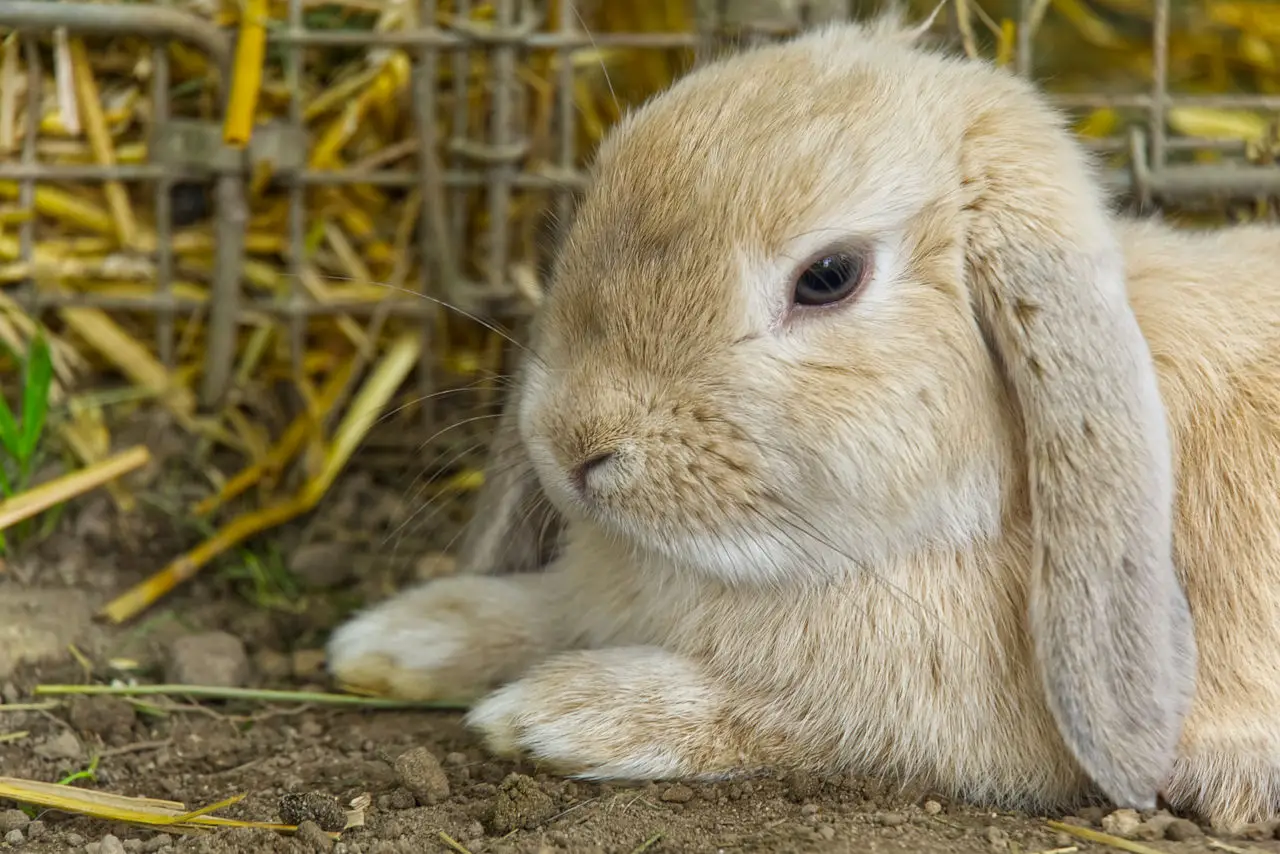Brussels sprouts are known to be a healthy food for humans. But what about rabbits? Can you give your rabbits Brussels sprouts as a snack in their bowl?
In moderation, Brussels sprouts are an excellent rabbit food. They contain lots of minerals and vitamins, and most rabbits love them. However, it would be best not to give it to your rabbits too often, as it can cause digestive problems for your animals.
This article explains when Brussels sprouts are healthy for rabbits and when they can be harmful. We also explain how to prepare the Brussels sprouts and serve them to your rabbits.
Are Brussels Sprouts Harmful to Rabbits?
Any food can be problematic if fed in large quantities. Rabbits have a very sensitive digestive system, so great care must be taken to ensure that their diet is balanced.
Too much of one thing can lead to discomfort or even health problems.
Brussels sprouts are sometimes a problem for rabbits because they belong to the cabbage family. Cabbages tend to produce gas when eaten, and this can be quite uncomfortable for your rabbits.
Rabbits can’t release the gases by farting, so the air gets trapped in their digestive system. If a rabbit has eaten too many Brussels sprouts, you may notice that they appear restless or unhappy.
In extreme cases, overfeeding rabbits with Brussels sprouts can lead to digestive problems and even a condition known as gastrointestinal stasis.
This is when the digestive system can no longer process the food and begins to ferment in the rabbit’s intestines.
This is usually accompanied by a loss of appetite and failure to defecate. In the worst case, this can even be fatal. So, if you notice these symptoms, you should consult a vet immediately.
This may sound quite alarming, but pretty much any vegetable can cause these problems if a rabbit gets too much of it.
Are Brussels Sprouts Healthy for Rabbits?
Yes, Brussels sprouts are very healthy for rabbits in moderation. They contain potassium, antioxidants, and vitamins A, B6, and K. They also have iron, which supports growth and nerve function.
Another essential aspect of Brussels sprouts is that they are high in fiber. Rabbits need fiber to digest their food correctly and for the right consistency of their droppings.
Without fiber, their digestive tract can have problems, sometimes leading to gastrointestinal stasis.
Overall, however, Brussels sprouts are just as healthy for rabbits as for humans.
How Much Brussels Sprouts Can My Rabbits Eat?
The answer to this question depends a little on the size of the rabbit and the other foods you give it.
If a rabbit eats a lot of collard greens such as cabbage, broccoli, cauliflower, kale, turnips, and the like, they should be given fewer Brussels sprouts as all of these foods cause bloat.
Above all, you should be guided by the size of your rabbit. All the treats he gets in one day should not be larger than the rabbit’s head.
Remember that a treat is anything that is not hay or pellets.
As a rough rule of thumb, your rabbits should get about 85 percent of their food intake from hay. This means that they should be eating hay almost all the time.
About five percent of their diet can come from pellets, and the remaining ten percent should come from treats such as greens. Preparing a bowl of suitable fruit and vegetables for your rabbits every day is best.
Occasionally add some chopped Brussels sprouts to this bowl, but only on days when you are not offering other types of cabbage.
Mix in other foods so the rabbit only eats one or two pieces of Brussels sprouts.
You should leave at least one day between feeding cabbage foods. If your rabbits get cauliflower one day, don’t give them Brussels sprouts the next day.
A break in between ensures the digestive system has time to process these foods properly.
This reduces the risk of bloating and makes your rabbit’s stomach feel more comfortable.
Should I Cook the Brussels Sprouts for My Rabbits?
No, it is better not to give your rabbits cooked Brussels sprouts. Cooked Brussels sprouts are believed to lead to more gas formation than raw Brussels sprouts. It would be best if you, therefore, avoided this.
Brussels sprouts you boil in salted water would be even less suitable for rabbits.
In general, do not give your rabbits salted foods. They do not need extra salt in their diet.
Feed your rabbits raw Brussels sprouts instead. Also, avoid canned, frozen, and other processed foods.
Should I Wash the Brussels Sprouts?
Yes, it is advisable to wash the Brussels sprouts before feeding them. If possible, you should buy organically grown Brussels sprouts free from pesticides.
If this is not possible, wash them thoroughly to remove as much chemical residue as possible from the surface of the Brussels sprouts.
Then make sure that the Brussels sprouts are clean. Then, cut them in half and place them in your rabbit’s bowl.
Can Brussels Sprouts Make My Rabbits Sick?
Some rabbits have a more sensitive digestive system than others. If a rabbit feels unwell after eating Brussels sprouts, you should simply stop giving them Brussels sprouts.
A rabbit may have difficulty digesting Brussels sprouts appropriately. The simplest solution is to remove Brussels sprouts and other types of cabbage from their diet.
Rabbits do not have to eat cabbage to be healthy.
If you don’t want to remove Brussels sprouts from the diet altogether, try feeding them in smaller quantities and less frequently.
This should help your rabbit’s digestive system to process it properly. It will also reduce bloating in the rabbit’s stomach, making it feel more comfortable.
However, if you think Brussels sprouts are seriously affecting a rabbit’s digestion and causing diarrhea or constipation, you should no longer offer them at all.
Conclusion: Can Rabbits Eat Brussels Sprouts?
Brussels sprouts should only be included in your rabbit’s diet with caution. You should also always consider cabbage as a whole food group, not the single vegetable you serve.
Reduce the amounts of Brussels sprouts you give your rabbits in line with the other cabbage-type treats you give them.
Always remember that variety is suitable for rabbits. Even healthy foods like Brussels sprouts should only be given in limited quantities.
It’s best to vary your rabbit’s diet with lots of different fruits and vegetables.


